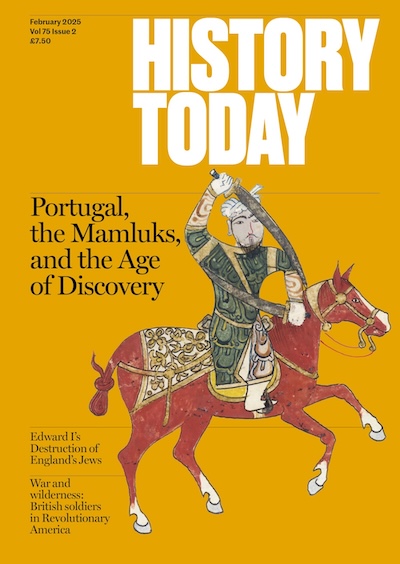Christian Humanism: from Renaissance to Reformation
Lucy Wooding introduces a highly significant, but often much misunderstood, cultural force.
‘Immortal God, what a world I see dawning! Why can I not grow young again?’ This was written in 1517 by Desiderius Erasmus, the most famous of all Christian humanists. He was surveying the European culture he knew so well and was full of hope for the future. By tragic irony, even as he wrote these words, a small storm was brewing in the remote university town of Wittenberg, which would in time obstruct and obscure everything Erasmus valued most. Even more confusingly, both Erasmus and Luther could be described as Christian humanists, sharing the excitement about the Bible which so characterised the age, using their scholarship to uncover the beliefs and devotions of the early church, using their skills as teachers and writers to reform and inspire the world around them. Yet less than ten years later they were bitterly divided, with Erasmus lamenting the ‘disaster’ that Luther had brought upon them all.





